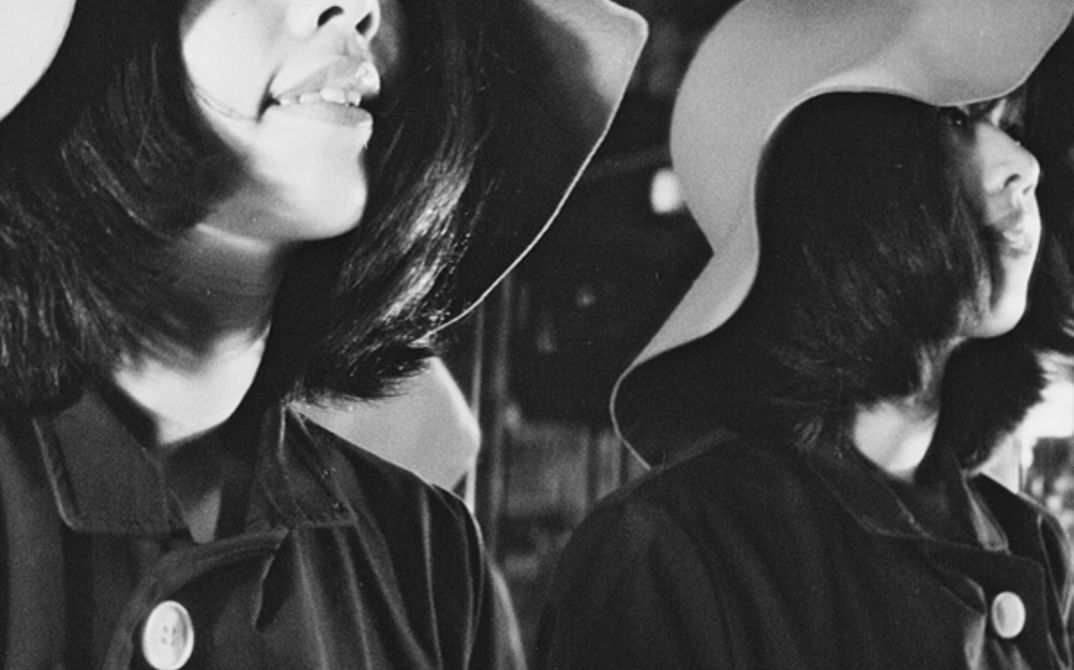74 min. Japanese.
Yasuko, Yoichi, Koichi and Bill are four high-school students who try to escape their overwhelming sense of alienation from the world around them by indulging in group sex, all to see whether they can forge their own path free of the corruptions of adult society. After revealing she has had an affair with her teacher, Yasuko is made to feel like a prostitute, with sex thus reduced to an economic transaction rather than something about pleasure. She sets out on an odyssey of self-exploration, the final goal being to see whether she can “beat” sex.
The most cryptic and formally extreme pink film from the most politically radical director to work in the field deploys actual suicide notes and a refrain by folk musician Masato Minami to unsettling effect to convey the vacuum left behind in the wake of the failed student movements of the 1960s. The cinematography by Wakamatsu regular Hideo Ito captures the landscapes of Shinjuku through an intriguing blend of the documentary and the cinematic. Real-life scenes of jeeps and tanks crawling through the streets recall just how strong the anti-terrorist police presence was in Tokyo at the turn of the decade.
Masao Adachi was born in 1939 in the city of Kitakyushu, on the Japanese island of Kyushu. He was a member of Tokyo’s Nihon University Film Study Club (Nichidai Eiken), alongside the experimental filmmakers Jonouchi Motoharu and Okishima Isao. With films such as Wan (Rice Bowl, 1961), Sain (Sealed Vagina, 1963) and Gingakei (Galaxy, 1967) Adachi became one of the leading figures in the underground avant-garde scene of the 1960s. He joined the production company of ‘pink film’ pioneer Wakamatsu Koji as an assistant director and screenwriter, scripting dozens of Wakamatsu’s best-regarded titles. He also co-wrote Oshima Nagisa’s Kaette kita yopparai (Three Resurrected Drunkards, 1968) and Shinjuku dorobo nikki (Diary of a Shinjuku Thief, 1969) while appearing in that director’s Koshikei (Death by Hanging, 1968). At Wakamatsu Productions, Adachi directed some of the most radical ‘pink films’, including Seiyugi (Sex Play, 1968) and Jogakusei gerira (High School Guerrilla, 1969). In addition to his work as a screenwriter and director, Adachi is a film theorist and critic. In 1974, he moved to Lebanon, where he joined the Japanese Red Army (JRA). He was arrested in 1997 for a passport violation and extradited to Japan in 2000, where he made the film Yuheisha / Terorisuto (Prisoner / Terrorist, 2007).
